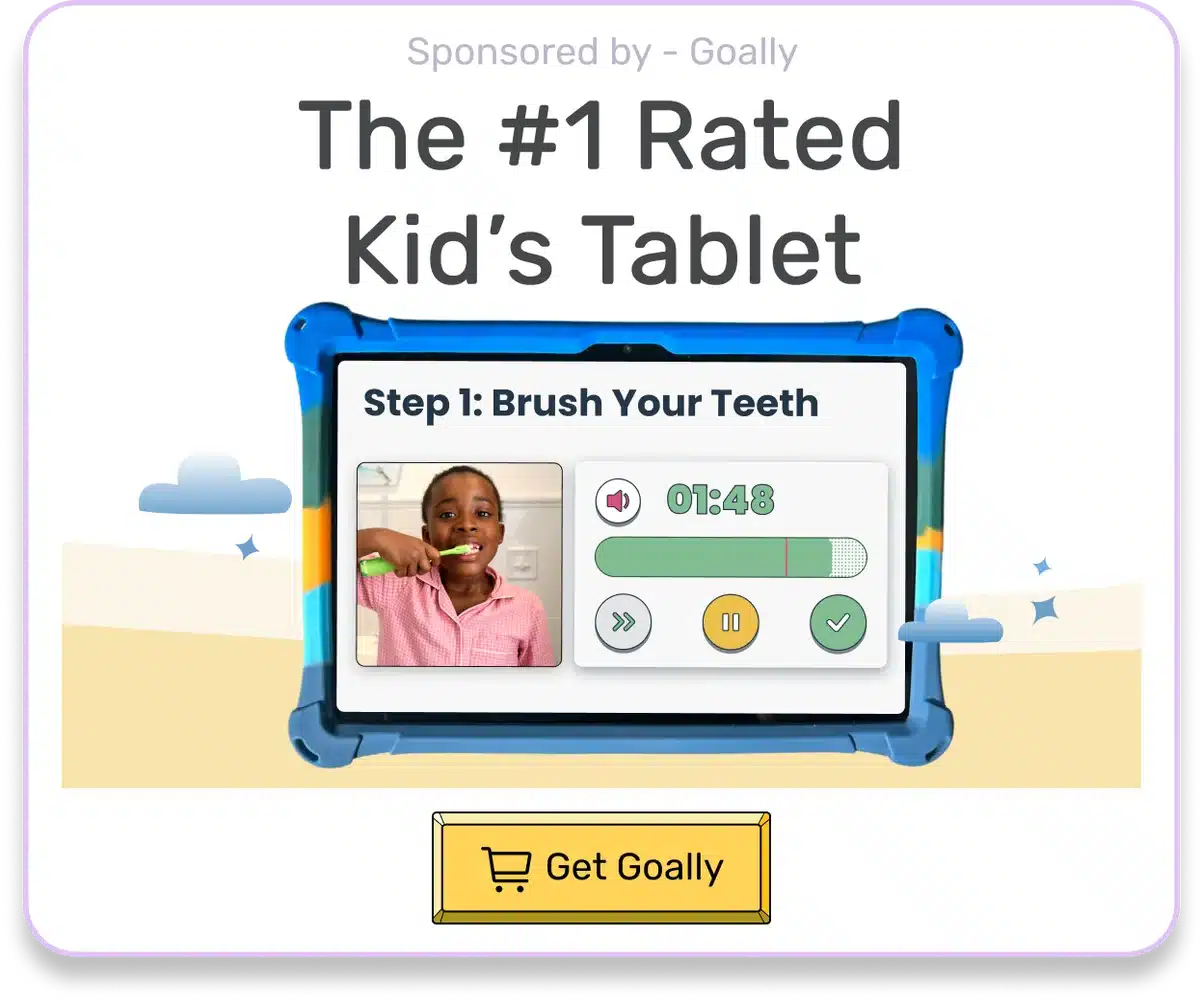As an educator who works closely with kids of all learning abilities, I’ve seen firsthand the unique challenges that slow learners face. It can be a daunting journey, but I’m here to tell you that with the proper support and strategies, your child can absolutely succeed. A slow learner is a child with an IQ between 70–90% who has less than 80% of the academic achievement for their age. Slow learners may not be mentally challenged but may be considered lazy or dull in school. Can’t you picture your child sitting in the classroom, struggling to keep up with the pace of the lesson? I know I can — it breaks my heart to see bright kids falling behind simply because the traditional education system doesn’t always accommodate their needs.
Table of Contents
Recognizing the Signs of a Slow Learner
The path to supporting a slow learner often begins with identifying the signs. Some of the key symptoms to watch out for include:
- Limited vocabulary
- Difficulty following instructions
- Poor memory skills
- Challenges with reading and writing
- Struggles with math concepts
- Problems paying attention
- Lower social skills
- Trouble with problem-solving and critical thinking
If your child exhibits several of these characteristics, it’s worth considering whether they might be slow learners. Of course, every child is unique, and their specific challenges can vary greatly. The most important thing is to approach the situation with empathy, patience, and a determination to find the proper support.
Goally | The Tablet for Neurodiverse Kids

The Importance of Early Intervention
When it comes to supporting a slow learner, early intervention is critical. Studies show that kids who receive targeted support and accommodations in the early years tend to fare far better academically and socially than those who don’t. That’s why it’s so important to work closely with your child’s teachers, counselors, and other specialists to develop a tailored learning plan.

Read more: People With Learning Disabilities
One of the first steps is to have your child evaluated for any learning disabilities or other underlying issues. This can help pinpoint their struggling areas, allowing you to address those challenges head-on. From there, you can work with the school to implement strategies like:
- Smaller class sizes or one-on-one instruction
- Adjusted pacing and expectations
- Assistive technology and visual aids
- Hands-on, experiential learning opportunities
- Frequent breaks and opportunities for movement
The key is to find what works best for your child and advocate for those accommodations. It may take some trial and error, but you can help your slow learner thrive with persistence and the proper support.
Fostering a Positive Mindset
As any parent of a child with special needs knows, the journey can be an emotional one. It’s not uncommon for slow learners to struggle with low self-esteem, anxiety, or feelings of inadequacy. That’s why it’s so important to cultivate a positive, encouraging environment at home.
One of the most powerful things you can do is reframe how your child views their abilities. Instead of labeling them as “slow” or “behind,” emphasize their unique strengths and celebrate their progress, no matter how small. Praise their effort and resilience rather than focusing solely on academic performance.
| Instead of Saying: | Try Saying: |
|---|---|
| “You’re just not good at math.” | “You’re working hard on those math problems. Let’s try a different approach that might work better for you.” |
| “You’re so far behind the other kids.” | “You’re making great progress! I’m so proud of how much you’ve improved.” |
| “You’re just a slow learner.” | “You learn differently, and that’s okay. We’ll find the best way for you to succeed.” |
This kind of positive, strengths-based approach can make a world of difference. When kids feel valued and supported, they’re far more likely to develop the resilience and self-belief they need to overcome their challenges.
Tapping into Their Unique Strengths
One of the best ways to support a slow learner is to help them identify and capitalize on their unique strengths and interests. Your child may have a knack for hands-on, visual learning or a deep fascination with science and technology. By finding ways to incorporate those passions into their education, you can boost their engagement and motivation and help them develop essential skills in a way that plays to their strengths.
For example, if your child loves animals, encourage them to research different species and create detailed dioramas or presentations. Or if they’re captivated by outer space, you could help them build model rockets or plan an imaginary mission to Mars. The possibilities are endless, and the key is to tap into their natural curiosity and creativity.
Build Custom Printable Visual Schedules
Is your child having trouble managing their routines? Here’s a free visual schedule builder. Goally’s custom tool allows you to create printable personalized schedules that motivate your child to focus on their tasks. Perfect for morning, homework, and bedtime routines, this free visual schedule builder is easy to use and will help your child reach their full potential.
Click below to make your CUSTOM printable visual schedule! 👇
Cultivating a Strong Support Network
Navigating the challenges of a slow learner can be daunting, but you don’t have to go it alone. Building a solid support network of teachers, specialists, and other parents can make all the difference.
For starters, working closely with your child’s teachers and school administrators is crucial. Communicate openly about your child’s needs, advocate for the accommodations and resources they require, and stay engaged in their education every step of the way.
Additionally, seeking out support groups online and in your local community can provide invaluable peer-to-peer advice and emotional support. Connecting with other parents who’ve been in your shoes can help you feel less alone and encourage you to keep pushing forward.
Embracing a Growth Mindset
Perhaps most importantly, it’s essential to approach the journey with a growth mindset. Rather than viewing your child’s slow learning as a fixed, unchangeable trait, embrace the belief that they can make progress and achieve success with the proper support and strategies.
Research shows that a growth mindset is a powerful predictor of academic achievement, particularly for students with learning challenges. [2] When kids believe their abilities can be developed through hard work and dedication, they’re far more likely to take on complex tasks, persist through setbacks, and, ultimately, reach their full potential.
So, as you navigate the ups and downs of supporting a slow learner, remember to celebrate every small victory, keep an open mind, and never stop believing in your child’s capacity to grow and thrive.
Goally | Apps To Support Child Development
Looking for fun ways to help your child learn life skills? Try Goally! The Goally tablet comes with award-winning learning apps and video classes to help kids develop the skills they need to become independent with FUN & evidence-based practices.

Our apps teach executive function, language, emotional regulation, finger dexterity skills, and more.
As your child develops new skills, you can increase the difficulty level of the tasks in the app to challenge and motivate them even further. This helps your child grow and progress at their own pace, while also keeping them engaged and excited about their development.

Raising a slow learner can be challenging, but it’s also filled with opportunities for growth, resilience, and triumph. By recognizing the signs, advocating for early intervention, fostering a positive mindset, and tapping into your child’s unique strengths, you can empower them to overcome obstacles and achieve remarkable success. Remember, you’re not alone in this. A wealth of support and resources is available to help you and your child navigate the path ahead. With patience, perseverance, and a deep belief in your child’s potential, you can help them blossom into the incredible individual they’re meant to be.
Helpful Resources
Understood.org
Learning Disabilities Association of America
Edutopia
FAQ’s About Slow Learner
What is a slow learner?
A slow learner is a child with an IQ between 70-90% who has less than 80% of the academic achievement expected for their age. They may not have an intellectual disability, but struggle to keep up with their peers in the classroom.
What are the signs of a slow learner?
Common signs of a slow learner include limited vocabulary, difficulty following instructions, poor memory, challenges with reading/writing, struggles with math, problems paying attention, lower social skills, and trouble with problem-solving.
How can parents support a slow learner?
Parents can support a slow learner by advocating for early intervention, accommodations at school, a positive mindset, and activities that play to the child's unique strengths and interests.
What is the importance of a growth mindset for slow learners?
Research shows that a growth mindset - the belief that abilities can be developed through hard work - is a powerful predictor of academic achievement, especially for students with learning challenges.
Where can parents find resources to help a slow learner?
Helpful resources for parents of slow learners include Understood.org, the Learning Disabilities Association of America, and Edutopia - all of which provide information, strategies, and support.
This post was originally published on 05/24/2023. It was updated on 04/17/2024.
Emily is a seasoned blog writer for Goally, leveraging her extensive background in child psychology and special education to provide valuable insights and resources for parents. Her commitment to understanding and addressing the unique needs of these children, combined with her expertise in educational strategies, makes her a credible and empathetic voice for families.





